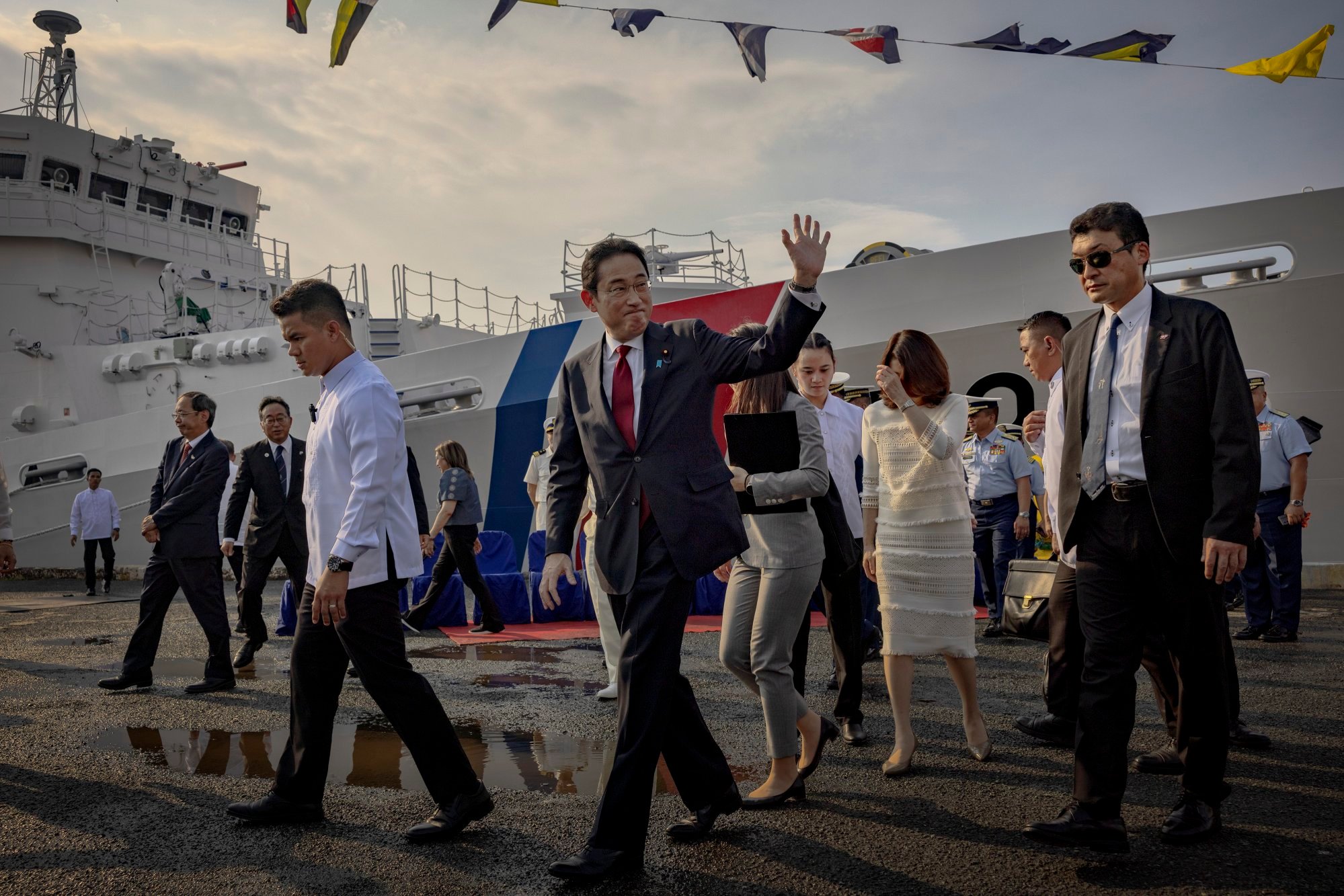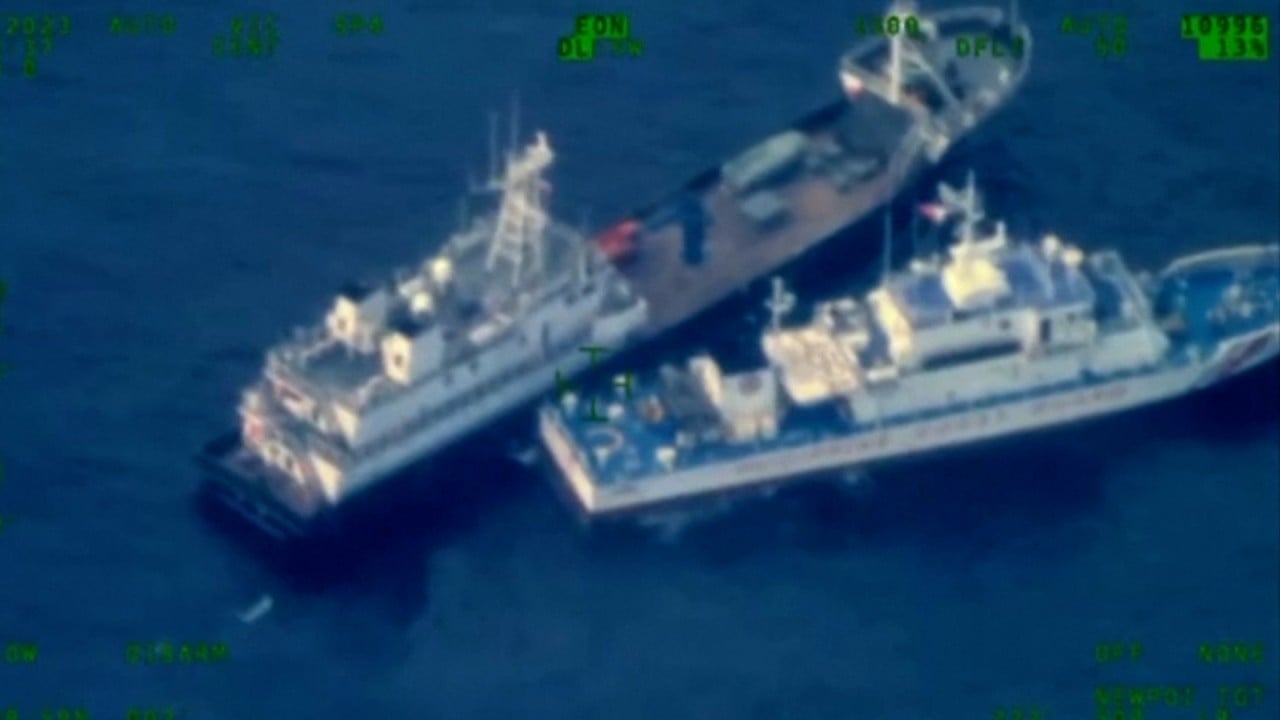“We should insist on the settlement of historical maritime disputes through amicable consultations and negotiations directly between parties and reject bloc confrontation and zero-sum games,” Wang said.
Speaking at the same forum, Sun Weidong, Chinese foreign vice-minister, said Beijing rejected “the formation of exclusive blocs” to create maritime hegemonism and divisive confrontation.
He said China advocated dialogue and consultation and opposed any show of force in managing maritime security.
“We will refrain from taking unilateral actions that lead to maritime tensions … and resolutely oppose close reconnaissance and the threat of force that jeopardises China’s coastline and security,” Sun said.
According to a report by the South China Sea Strategic Situation Probing Initiative, a Chinese think tank, US reconnaissance aircraft carried out around 1,000 sorties in the South China Sea region last year. It said at least 12 nuclear attack submarines were detected, with a “clear aim” of deterrence.
China’s expansive claims to most of the South China Sea are disputed by rival claimants including the Philippines, Vietnam and Malaysia. Tensions have been rising in the resource-rich waterway, with multiple incidents involving Chinese and Philippine coastguard vessels in recent months.
Wang did not mention the United States in his remarks to the forum, but it comes as the US has been strengthening its alliances and partnerships in the Asia-Pacific region, and boosting military ties with countries including Japan, Australia and the Philippines.
In April, the US was granted access to four additional military sites in the Philippines that could boost its defence capabilities in Taiwan and the South China Sea.
Tokyo and Manila, meanwhile, have struck a deal under Japan’s Official Security Assurance programme that offers the Philippines coastal surveillance radars through a grant worth 600 million yen (US$4 million).

The tribunal found that China has no historical rights to obtain resources in the South China Sea based on its “nine-dash line”, and granted the Philippines sovereign rights to access resources in its exclusive economic zone in the waterway. Beijing has rejected the ruling.



